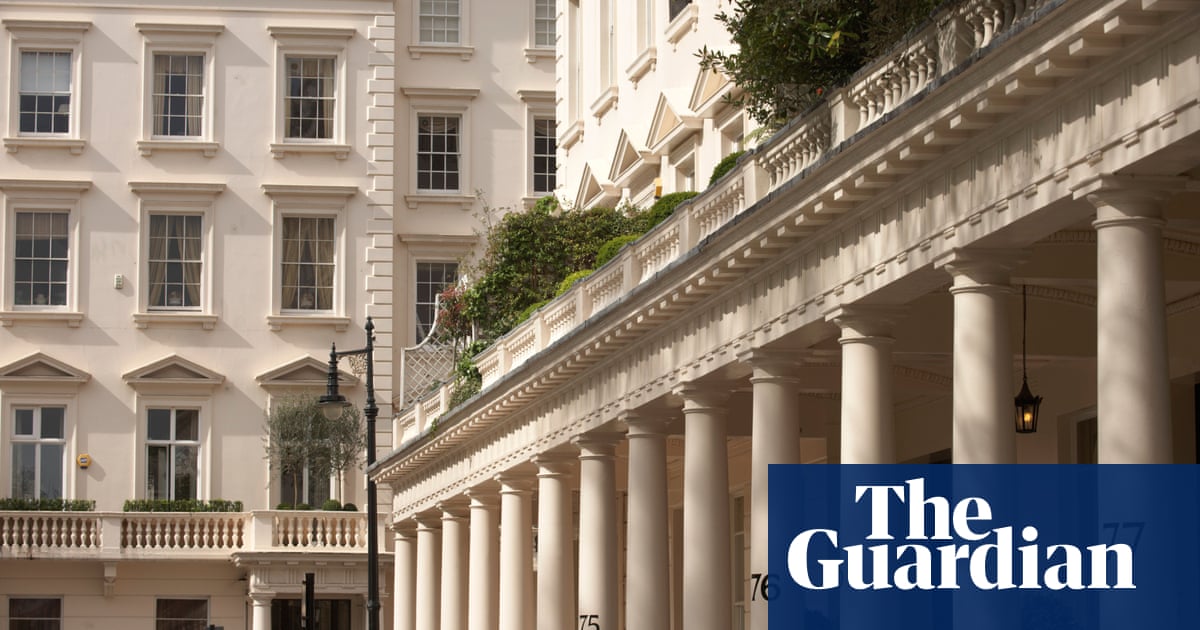Donald Trump’s global tariff trade war is “nonsense and stupid” and will damage every country in the world, including the US, the boss of one of Britain’s most powerful property companies has said.
Mark Preston, chief executive of the 348-year-old Grosvenor Group, controlled by theDuke of Westminster, said he was “convinced” that the president’s sweeping tariff policies would ultimately be removed.
The head of the multibillion-pound company, which owns swathes of Mayfair and Belgravia in central London, saidTrump’s trade warhad not “materially” affected the business but suggested it was causing significant wider economic damage.
“It is entirely negative for everybody, including the United States,” Preston said. “But, at the same time, I’m so convinced that it’s nonsense and stupid that eventually that’ll become obvious and it’ll right itself.
“And therefore, as a long-term organisation we’re not jumping up and down and panicking about it.”
The executive trustee of the company, which in addition to its London property portfolio has an international business ranging from housebuilding in North America to student accommodation in Brazil and Australia, said tariffs had “fundamentally failed to work” in the past.
“It] ended up with the Gatt [general agreement on tariffs and trade],” he said, referring to the postwar deal involving the US and other major countries to reduce tariff rates to increase international trade.
Preston’s comments came as Grosvenor reported a jump in profits on the back of cost-cutting and higher rental growth, including from more companies moving into its office properties in central London.
Underlying profits climbed by 16.5% to £86.4m last year, and the occupancy rate at its properties rose by 2% to 97%. Its UK offices were 97.5% full (99% in Mayfair), and its homes and shops were 95% occupied. The group paid out dividends of £52.4m to the duke’s family and its trusts, up from £51.1m in 2023.
Owned by the duke, Hugh Grosvenor, 34, one of Britain’s richest men and godfather to Prince George, the company paid taxes of £107.4m globally, including £71.7m in the UK. This compares with £112.2m global taxes in 2023, including £61.9m in the UK.
Sign up toBusiness Today
Get set for the working day – we'll point you to all the business news and analysis you need every morning
after newsletter promotion
Amid a return to office-working after the height of the Covid pandemic, Preston said thathybrid workingwas here to stay, but that he would not put money on it. “It feels like a new normal is being found, with people coming back a bit more to the office environment, but not five days a week.
“We’ve actually been the beneficiary of companies who, perhaps historically, wouldn’t have taken space in this part of London … now wanting smaller space and being prepared to pay pretty good rents for all these additional amenities which we can provide.”
